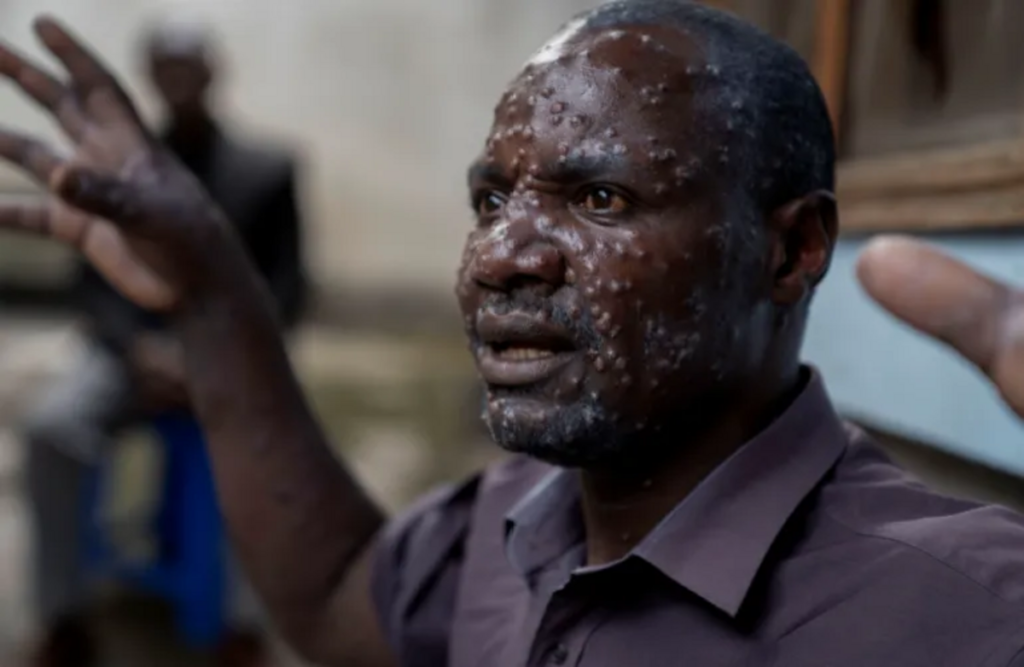As mpox cases escalate rapidly in Sierra Leone, the world’s largest global AIDS organisation is calling for urgent global action to boost vaccination efforts across Africa.
The AIDS Healthcare Foundation (AHF) is particularly concerned about vaccine hoarding by developed countries, high vaccination costs, and the reluctance of pharmaceutical companies to share technology and production knowledge with qualified African manufacturers.

If left unaddressed, these issues could severely hinder Africa’s ability to tackle the current mpox outbreak and future health crises.
AHF is urging global stakeholders, including pharmaceutical company Bavarian Nordic, to reduce the price of the vaccine and transfer technology to regional manufacturers.
The organisation is also calling on wealthy nations to donate vaccine doses from existing stockpiles to ensure equitable access across the continent.
As of June 24, Sierra Leone accounted for 41% of Africa’s reported mpox cases, with 4,350 confirmed cases and 28 deaths since January 10.
Since late March, only 40,000 people have been vaccinated, many of them frontline healthcare workers and high-risk groups, including people living with HIV.
With limited isolation capacity and only two contacts traced per confirmed case, the response is stretched thin.
“We commend Sierra Leone’s rapid response in collaboration with the Africa CDC, but they—and the entire region—should not have to fight this outbreak alone,” said Dr Penninah Iutung, AHF Africa Bureau Chief. “We urge high-income countries to immediately release vaccine doses from their reserves and support equitable access to prevention tools.
We also call on Bavarian Nordic to reduce the cost of its Jynneos mpox vaccine and to share technology and production knowledge with qualified African manufacturers.
Without affordable regional production and greater global collaboration, the world remains vulnerable to preventable infectious disease outbreaks like mpox.”
The outbreak has spread far beyond Sierra Leone, with the Democratic Republic of the Congo remaining the epicentre of Africa’s mpox crisis. Uganda, Burundi, Malawi, and more than a dozen other countries have also reported significant case numbers.
According to the Africa CDC, over 6.4 million vaccine doses are needed across the region to meet demand, yet access remains restricted by high prices and limited supply.
The World Health Organisation continues to classify mpox as a Public Health Emergency of International Concern, citing surging cases, ongoing vaccine shortages, and rising instability in affected regions.
This outbreak underscores Africa’s vulnerability to global health threats. Historically, epidemics such as Ebola, COVID-19, and now mpox have originated in one or a few African countries before spreading regionally and globally.
For example, the 2014–2016 Ebola outbreak, which began in Guinea, spread to Sierra Leone and Liberia, ultimately affecting more than 28,000 people across 10 countries and causing over 11,000 deaths, according to the WHO.
Similarly, the COVID-19 pandemic, which began in China, saw the African continent report its first confirmed case in Egypt in February 2020. By mid-2021, over 11 million cases had been recorded across Africa, with nearly 250,000 deaths, according to the Africa CDC.
The speed at which diseases like mpox spread highlights the interconnectedness of the region and the potential for rapid transmission. Without a robust, coordinated response, Africa remains highly vulnerable to future outbreaks.
Despite efforts in the wake of the COVID-19 pandemic, Africa continues to face significant disadvantages in its ability to respond to health crises.
While initiatives like the WHO Pandemic Accord and COVAX have made strides in improving vaccine equity, they have not fully addressed the systemic inequities that plague the continent.
Africa remains reliant on external supply chains for vaccines and critical medical resources, and the lack of technology transfer and local production capacity further hampers its self-sufficiency.



















